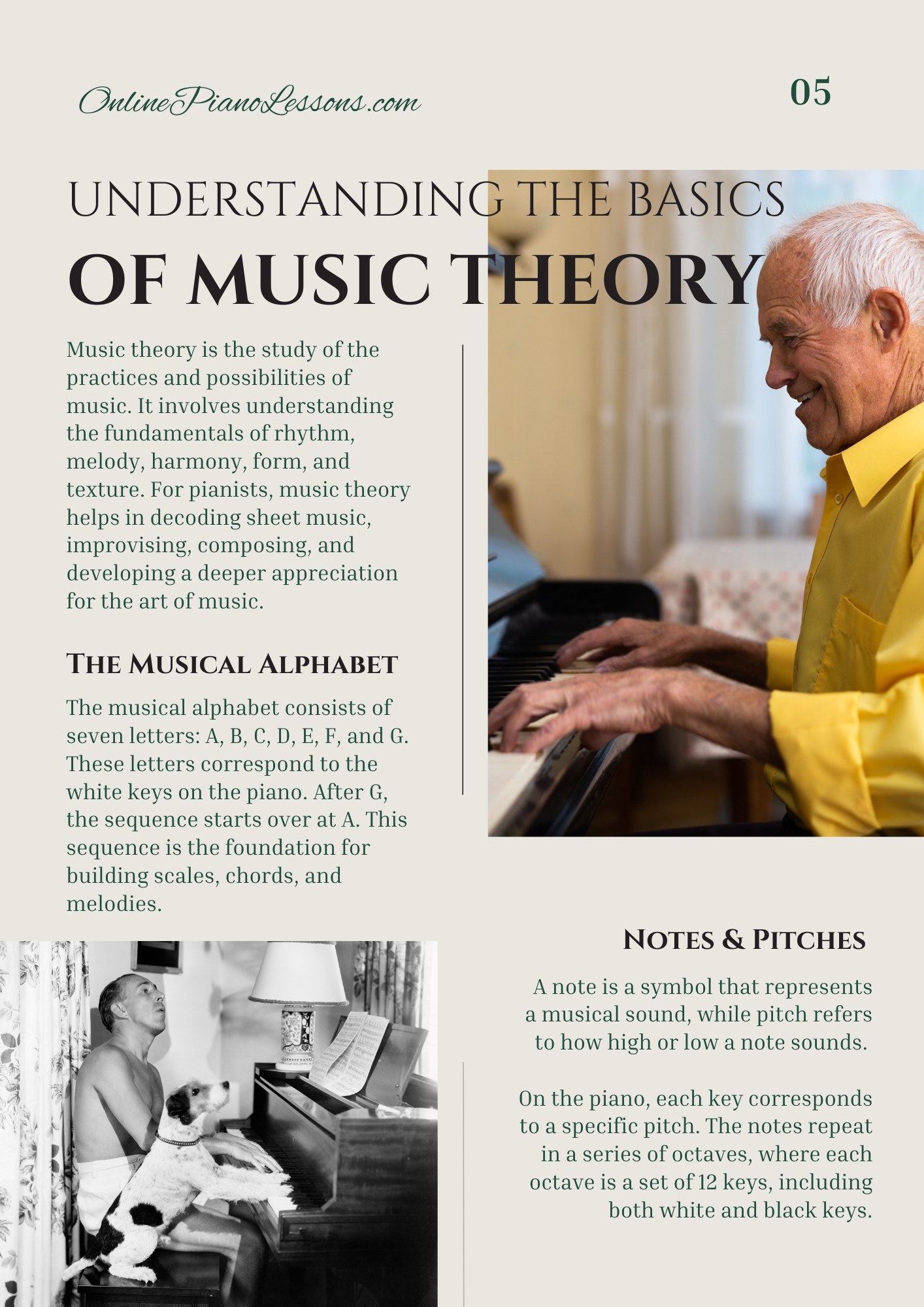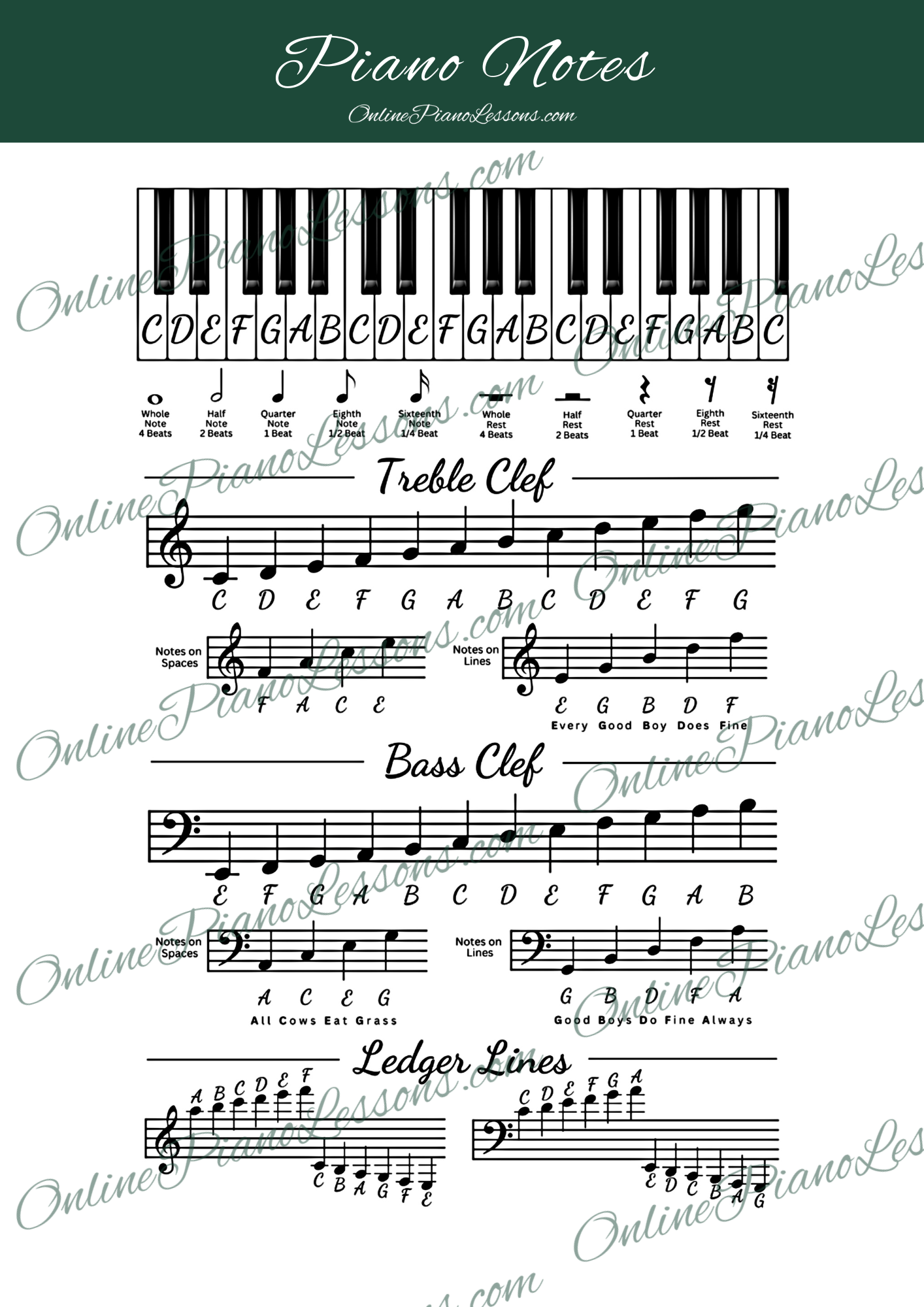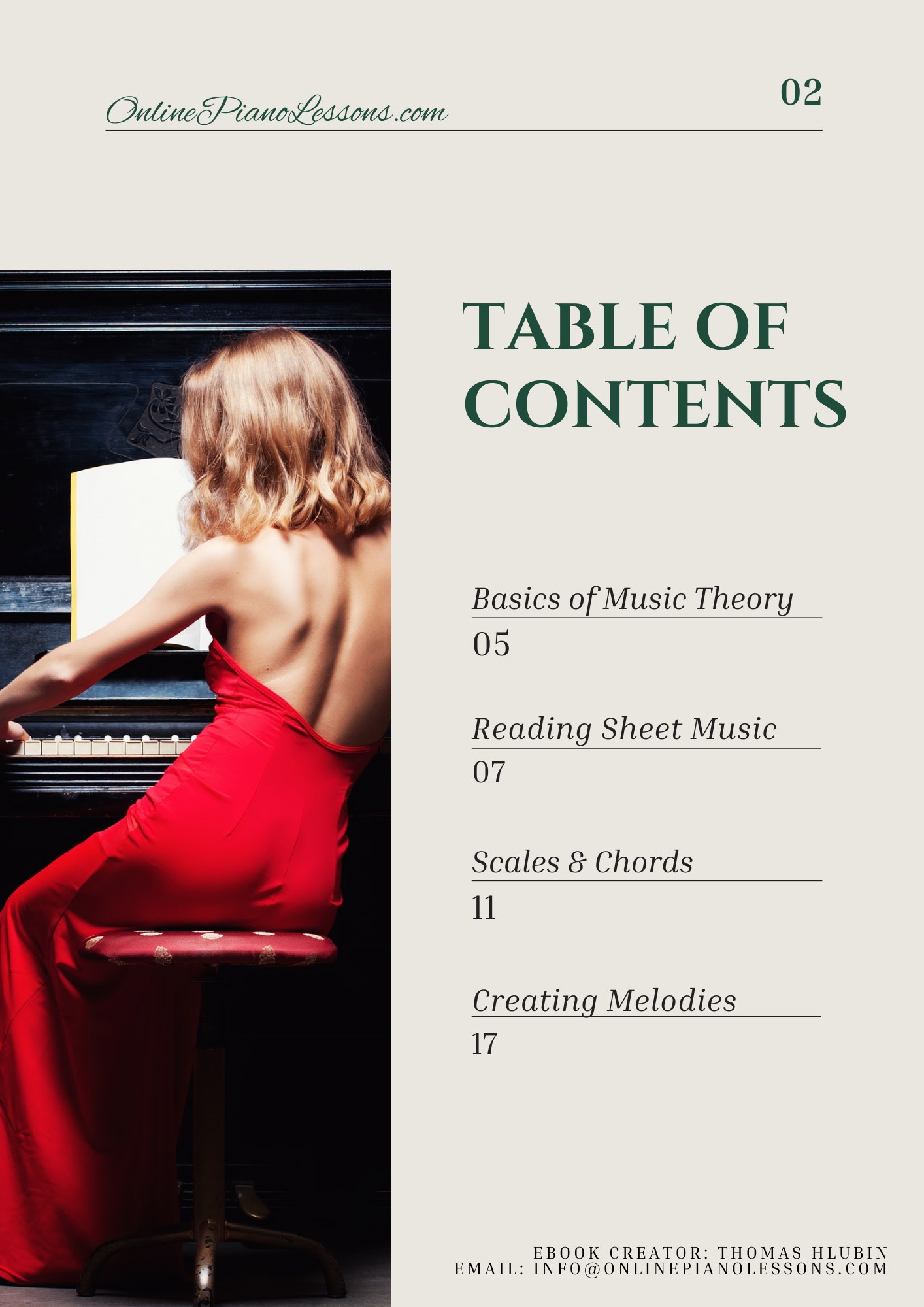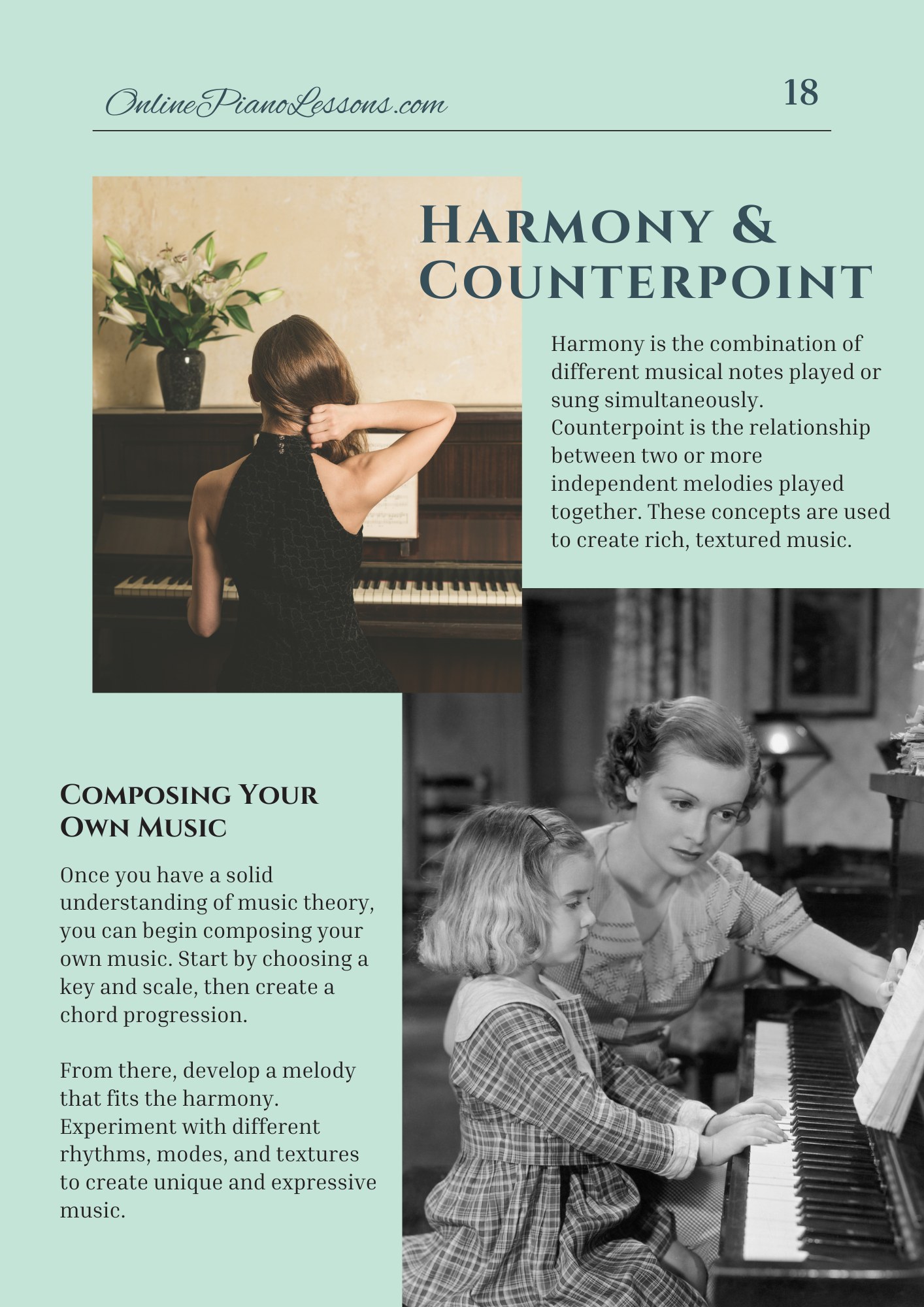Finding time to play is the single biggest hurdle for busy people who want to learn or keep improving. This guide gives realistic, tested strategies for how to make time to practice piano even when work, family, and life are full — with simple routines, scheduling hacks, and micro-practice techniques you can use today.
Quick Preview: You don’t need long hours to progress. With smart time-management, focused short sessions, and a few habit hacks, you can be practicing piano consistently. Read on for practical schedules, sample sessions, and tools that turn scattered minutes into musical progress.
1) Reframe the Problem: It’s Not Lack of Time — It’s Time Allocation
Before you try tactics, be honest about priorities. If you want to practice piano, treat those sessions like appointments. Put them on your calendar the same way you book work meetings or doctor visits. Good time-management starts with making piano practice a non-negotiable block, even if it’s just 10–20 minutes.
(Use this phrase daily: “I will practice piano at [time]” — saying it aloud increases commitment.)
2) Micro-Practice Beats Occasional Marathon Sessions
When you’re busy, short, focused sessions win. Research and piano teachers agree: 15–25 minutes of concentrated work, 4–5 times per week, beats one long 90-minute cram. For busy schedules, micro-sessions make practicing piano realistic and sustainable.
Sample micro-session (20 minutes):
- 2 min — mental warmup / breathing
- 5 min — technical drill (scale or arpeggio on slow tempo)
- 8 min — focused repertoire work (one bar, slow, hands separate)
- 3 min — playthrough and cooldown
- 2 min — log what you did
This kind of session respects your time-management limits while delivering steady improvement.
3) Habit Stack Your Practice into Existing Routines
Habit stacking means piggybacking piano practice onto something you already do. If you drink coffee at 7:00 AM, use the next 15 minutes to practice piano. If you always have a 30-minute lunch break, reserve 20 minutes for a practice sprint. This practical time-management trick reduces decision fatigue and gets you practicing more consistently.
Examples:
- Morning coffee → 15 min scales
- Kids’ homework time → 20 min repertoire while they study at the table
- Evening wind-down → 10 min sight-reading before bed
4) Use a Calendar, Alarms, and Accountability
Block your practice on your phone calendar and set alarms. Use a two-step system:
- Put a recurring event labeled “practice piano — 20 min” on your calendar.
- Add a 10-minute reminder before the slot so you can wrap things up and move to the keyboard.
Pair this with accountability: tell a friend or your teacher the days you’ll practice. Accountability is a simple, powerful time-management multiplier.
5) Prioritize — Choose What to Practice so Every Minute Counts
When time is tight, planning matters. Decide ahead of each session what your single focus will be. Don’t try to do scales, sight-reading, technique, and repertoire all in 20 minutes. Pick one priority and attack it.
Weekly plan example:
- Monday: technique (scales) — 20 min
- Wednesday: repertoire — 20 min
- Friday: sight-reading & ear training — 20 min
- Sunday: review & playthrough — 30 min
This focused approach makes practicing piano more effective and easier to fit into a busy week — a core element of strong time-management.
6) Practice Smarter — Focused Drills and Error-Spotting
Quality > quantity. Use the “one-bar loop” method:
- Isolate the toughest bar.
- Play hands-separate at 50% tempo.
- Use rhythmic variations and small tempo increases.
Use a practice log to track progress — 2–3 lines per session: goal, what you did, and next step. This improves long-term efficiency and helps you keep practicing piano even when time is limited.
7) Use Context-Appropriate Practice (Phone + Keyboard + Sheet music)
Not all practice has to be on the acoustic piano. You can:
- Use a keyboard at home for short sessions.
- Practice sight-reading in a waiting room with a small notebook.
- Use apps to drill rhythm, ear training, or music theory during commutes (audio only).
These micro-tasks count as practicing piano and are great time-management hacks to squeeze progress into gaps of the day.
8) Combine Family and Practice — Win-Win Strategies
If family responsibilities eat your time, involve them:
- Make family practice a weekly ritual: a 10–15 minute “family music time.”
- Trade childcare time: one parent practices piano while the other handles bedtime on certain days.
- Let kids help “conduct” a short performance — this motivates you to practice and models music for kids.
Framing practice as family enrichment makes it easier to protect those minutes within a busy schedule and improves your overall time-management balance.
9) Optimize Your Practice Environment
Make practicing piano frictionless. Keep your instrument ready:
- No clutter on the bench.
- Music and metronome in place.
- Comfortable stool and good lighting.
Reducing setup time from 5 minutes to 30 seconds can be the difference between skipping and actually practicing piano, a small but essential time-management improvement.
10) Use Techniques that Compress Results
Certain practice techniques accelerate progress meaningfully:
- Slow practice — increases accuracy and reduces total time needed.
- Deliberate practice — one tiny measurable improvement per session.
- Spaced repetition — return to the same passage after days, not hours.
These approaches make the minutes you spend practicing piano far more potent, maximizing the value of limited time.
11) Sample Weekly Schedule for a Busy Person (Realistic)
Here’s a 7-day sample for someone working full-time with family:
- Mon — 20 min (06:30 AM) — scales + 1 bar of repertoire
- Tue — 10 min (lunchtime) — sight-read a short piece on tablet
- Wed — 25 min (08:30 PM after kids asleep) — focused repertoire
- Thu — 10 min (commute podcast on theory/ear training)
- Fri — 20 min (06:30 AM) — technical drill + run-through
- Sat — 40 min (afternoon) — extended practice & record a take
- Sun — 15 min (evening) — review weekly progress, plan next week
Treat each session like a mini-project. Good time-management equals consistent accumulation of small wins.
12) What if You Miss a Session?
Don’t guilt-spiral. The best time-management rule for practice is flexibility paired with consistency. If you miss a 20-minute block, fit two 10-minute blocks elsewhere, or extend the next session by 5–10 minutes. Plan a “makeup” slot on weekends. The key is total weekly minutes rather than perfection every day.
13) Tools & Apps to Help You Keep Practicing Piano
- Calendar + alarms (Google Calendar, Apple Calendar) — schedule practice blocks.
- Habit trackers (Streaks, HabitBull) — track daily practicing piano habits.
- Metronome apps (Tempo, Soundbrenner) — keep sessions efficient.
- Practice planners (Trello, Notion, simple notebook) — write session goals and logs.
- Backing tracks, recording apps, and sight-reading apps — expand short sessions.
These tools support better time-management and make practicing piano easier to build into daily life.
Conclusion
Busy people who get good at piano don’t find huge free blocks of time — they convert small margins into reliable practice. Use calendar defenses, micro-sessions, habit stacking, and focused drills to make consistent progress. With this time-management plan, even ten minutes a day of practicing piano will compound into noticeable musical gains.
FAQ — Practice Piano, Practicing Piano, and Time-Management
Q: How many minutes should I practice piano each day if I’m busy?
A: Aim for 15–30 minutes daily of focused practice, whether that be scales, chords, or any area of the piano you’d like to improve upon. Quality beats quantity; even five well-planned 10-minute sessions add up. Good time-management focuses on consistency.
Q: What’s the best time of day to practice piano when you work full-time?
A: Morning sessions are often most reliable (less interruption). Lunch or after-kids bedtime also work — pick a spot that fits your routine and schedule it into your calendar as a time-management appointment.
Q: How do I stay motivated to keep practicing piano?
A: Set small, measurable goals; record your progress; and celebrate small wins. Social accountability (teacher, friend, family) helps too — both motivation and time-management.
Q: Can I improve by practicing piano only on weekends?
A: You can make progress, but frequent short sessions are more effective. If weekends are all you have, make them focused and plan midweek micro-sessions to keep momentum. That’s sound time-management practice.
Q: How do I balance practice piano with family and work?
A: Use habit stacking, set clear practice appointments, negotiate small trades for childcare help, and involve family when possible. Good time-management is about protecting small regular blocks, not finding big ones.

 Get Full Access (Only $5/mo)
Get Full Access (Only $5/mo)



 I love playing piano, creating new melodies and songs, and further developing my online piano course and making updates/additions to my site OnlinePianoLessons.com!
I love playing piano, creating new melodies and songs, and further developing my online piano course and making updates/additions to my site OnlinePianoLessons.com!  Now that is what I call fun!
Now that is what I call fun!





